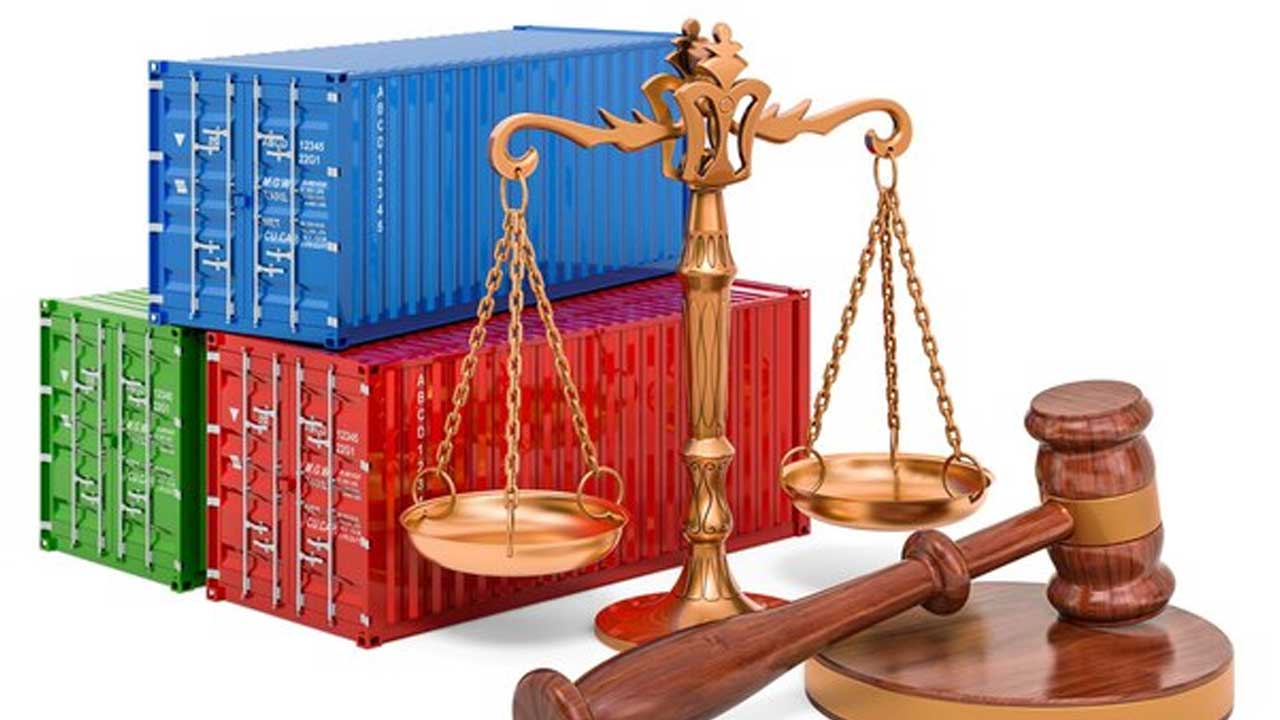- Civil Law
- Criminal Law
- Service Law
- Constitutional Law
- Land Revenue Law
- NDPS
- Corporate & Company Law
- Bankruptcy & Insolvency Law
- Sarfaesi & Rddbfi
- Customs / Import & Export
- Income Tax
- Gujctoc
- GST
- HR Employment & Labour Law
- Insurance Law
- Cyber Law
- Real Estate & Town Planning Law
- Family Law
- Telecommunication
- Infrastructure
- Pharmaceutical
- Health Care Law
- Consumer Law
- Trust Law
- Maritime Law
- Copywrite & Trademark Law
- Arbitration Law

Customs / Import & Export
Customs law, as well as import and export laws, are integral components of international trade regulation. These legal frameworks govern the movement of goods and commodities across national borders, ensuring compliance with regulations, facilitating trade, and collecting duties and taxes. The specifics of these laws can vary between countries, and adherence to them is crucial for businesses engaged in global trade. Here are key aspects of customs, import, and export laws:
Customs Duties and Tariffs:
- Definition: Customs duties or tariffs are taxes imposed on goods when they cross international borders. These charges are often based on the classification and value of the goods.
- Customs Valuation: Methods for determining the customs value of goods may vary but typically involve assessing the transaction value or using alternative methods if the transaction value cannot be determined.
Import and Export Regulations:
- Import Controls: Countries have regulations controlling the importation of certain goods, including licensing requirements, quotas, and restrictions.
- Export Controls: Similarly, export regulations may include restrictions, licensing requirements, and documentation for certain goods deemed sensitive or subject to control.
Customs Declarations and Documentation:
- Customs Declarations: Importers and exporters are required to provide accurate and complete customs declarations, specifying the nature, value, and classification of goods.
- Documentation: Various documents, such as commercial invoices, bills of lading, packing lists, and certificates of origin, are often required for customs clearance.
Harmonized System (HS) Code:
- Classification: Goods are classified using the Harmonized System, an international nomenclature for the classification of products. Each product is assigned a unique HS code, aiding in the uniformity of customs procedures.
Customs Clearance and Inspection:
- Clearance Procedures: Customs clearance involves submitting the necessary documentation and paying applicable duties to release goods from customs.
- Inspection: Customs authorities may inspect goods to ensure compliance with regulations, proper valuation, and adherence to import or export restrictions.
Trade Agreements and Treaties:
- Preferential Tariffs: Countries may enter into trade agreements that provide preferential tariffs for goods traded between them, reducing or eliminating customs duties.
- Free Trade Agreements (FTAs): These agreements aim to promote trade by removing barriers, facilitating the movement of goods, and promoting economic cooperation.
Customs Brokers:
- Role: Importers and exporters often engage customs brokers to assist with customs procedures, ensuring compliance with regulations and facilitating efficient clearance.
Given the complexity and variability of customs, import, and export laws, businesses engaged in international trade should seek legal advice and stay informed about the specific regulations in the countries they operate in or trade with. Additionally, international organizations such as the World Trade Organization (WTO) play a role in shaping global trade rules and agreements.
